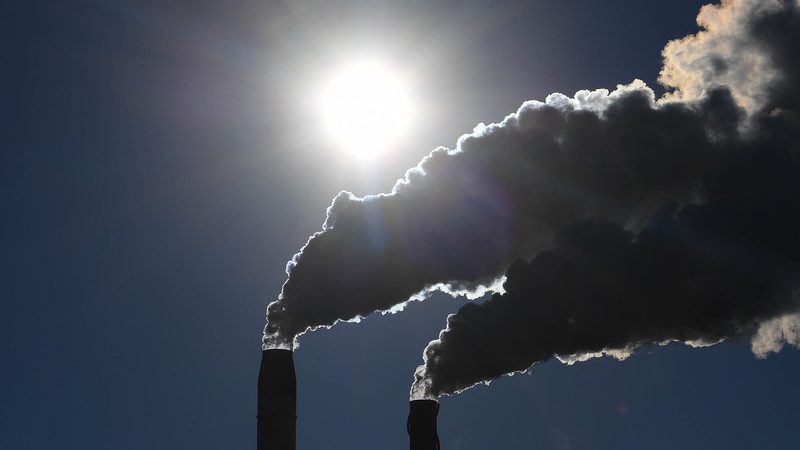The EU’s Green Deal Industrial Plan must have an overall vision and provide a business case for investment in the continent comparable to the US Inflation Reduction Act to ensure low-carbon steel projects and other clean-tech investments take place, European Steel Association Eurofer said Feb. 1.
The European Commission presented its Green Deal Industrial Plan Feb. 1, which is aimed at enhancing the competitiveness of Europe’s net-zero industry and supporting the fast transition to climate neutrality.
The plan aims to provide a more supportive environment for the scaling up of the EU’s manufacturing capacity for the net-zero technologies and products required to meet Europe’s ambitious climate targets, the EC said.
Main objectives of the plan are to provide a predictable and simplified regulatory environment, faster access to funding, open trade for resilient supply chains and skills enhancement.
Eurofer said in its response to the plan that low-carbon steel was a key driver to the net-zero industry, with it being used in wind turbines to electric vehicles, making it essential for clean-tech value chains to be circular and carbon neutral.
It said the implementation of the plan was crucial to adopting a value chain approach focusing on all key upstream and downstream sectors that were indispensable for reaching the EU’s climate and circular economy objectives.
“Competitiveness will be key to attract clean investment in the EU as the Inflation Reduction Act will do in the US,” Eurofer said, with Director General Axel Eggert adding that the IRA showed it was possible to have a “proactive, structural, carbon-neutral industrial policy centered on incentives and industrial competitiveness, rather than relying primarily on obligations and targets complemented only by piecemeal, uncertain support.”
Eurofer estimated that the IRA, combined with additional resources from the US Department of Energy, could provide at least $85 billion of funding available for low carbon steel production and upstream decarbonized energy, Eggert said, adding that the US measures were estimated to result in green hydrogen costs falling about $3-$4/kg.
There was a risk that this would widen the current gap in steel cost production between the EU and the US by up to 60%, he added.
Platts assessed domestic HRC prices in Northern Europe at Eur755/mt ex-works Ruhr Jan. 31, down 18% since the start of 2022, S&P Global Commodity Insights data showed.
There were 60 industrial-scale low carbon steel projects ready to be implemented in Europe before 2030, which could place the steel industry as an industrial front-runner in deep CO2 emissions reduction cuts, Eurofer said.
However, these required capital investment of around Eur31 billion ($33.8 billion), for which decisions had to be taken in 2023, as well as access to abundant, affordable low-carbon energy.
The association estimated total operational expenditure at Eur53 billion, adding that low-carbon steel needed a level playing field with global competitors and demand-side measures to become viable and boost its uptake in the market.
“We call on the Commission to work out, jointly with industry, a concrete plan that secures access to timely, abundant and affordable fossil-free energy and hydrogen for steel and other sectors which are ready to speed up decarbonization, as well as access to carbon capture, utilization and storage, together with more certainty for and swifter access to funding and permitting of projects,” Eggert said.
He said the industrial policy should be structured, comprehensive and long-term and match the level of incentives provided by international competitors.
“This is why we should consider a re-assessment of the EU policies, based on the principles of competitiveness and level-playing field, with an open and target-focused discussion between policymakers and the industry,” Eggert said.
“They can be mainstreamed and actively promoted in all relevant policy areas for industry, as the US has already done with the IRA,” he added.
The Eurofer statement comes a day after the European Automobile Manufacturers’ Association called Jan. 31 for an ambitious and structured automotive industrial policy to rival that of other competitor regions.
The UK’s Energy Transitions Commission also called Feb. 1 for urgent action over the next 24 months to create certainty for investors and financiers to make final investment decisions in near-zero emissions primary, or ore-based, steelmaking projects in the UK.
— Jacqueline Holman






